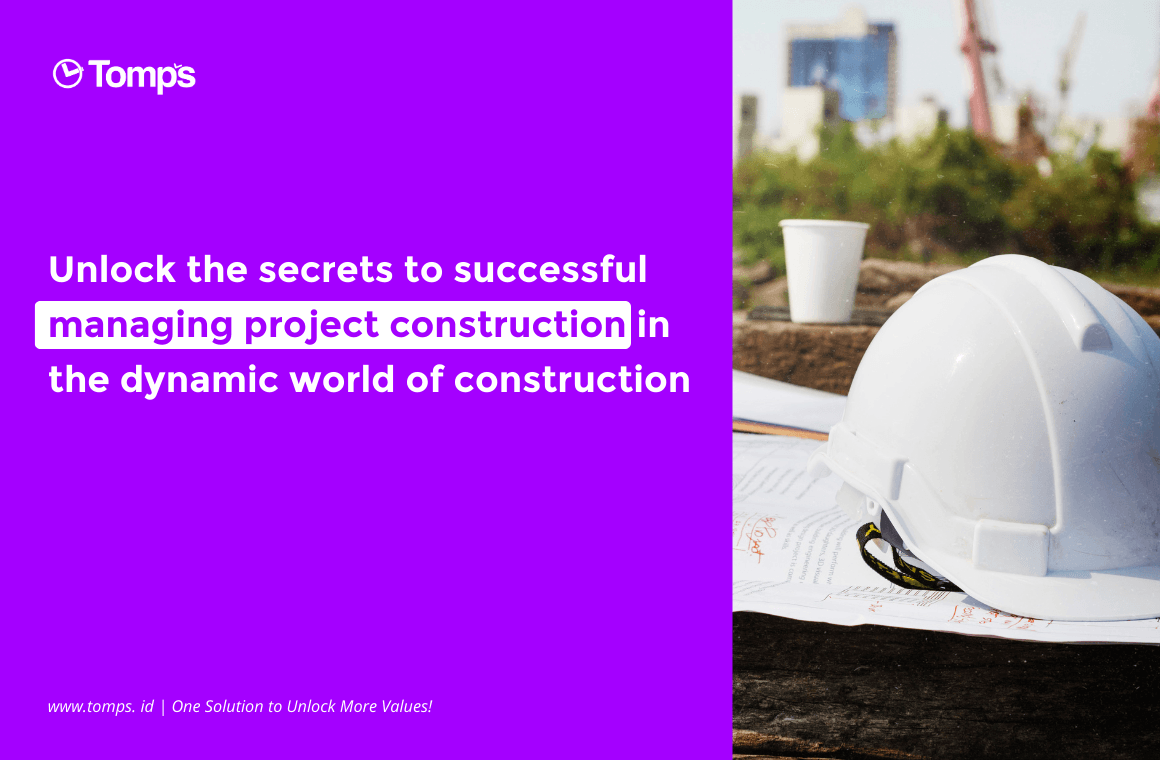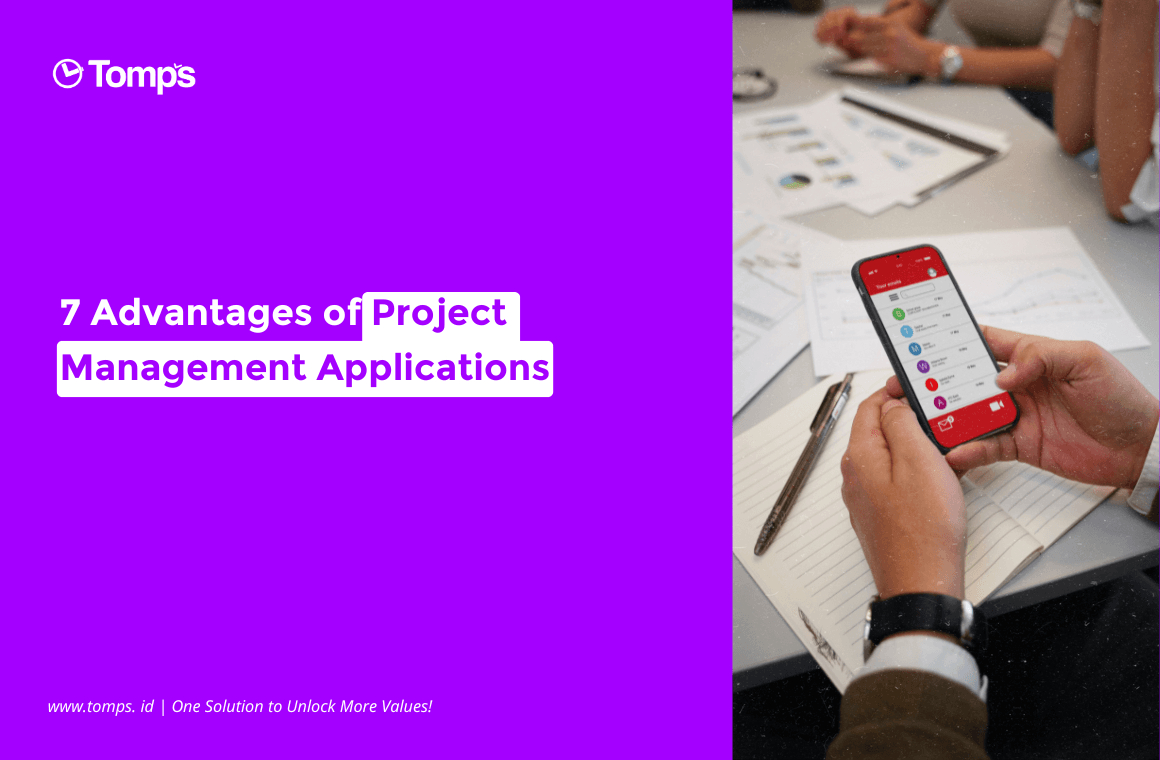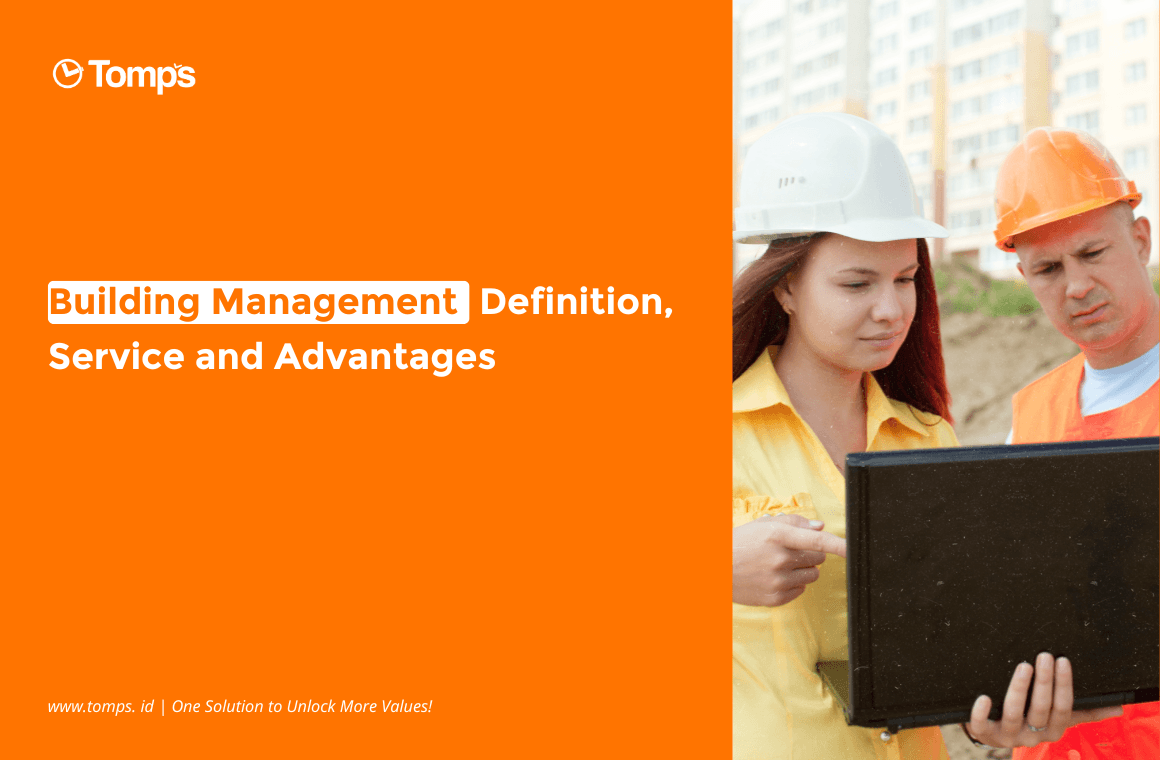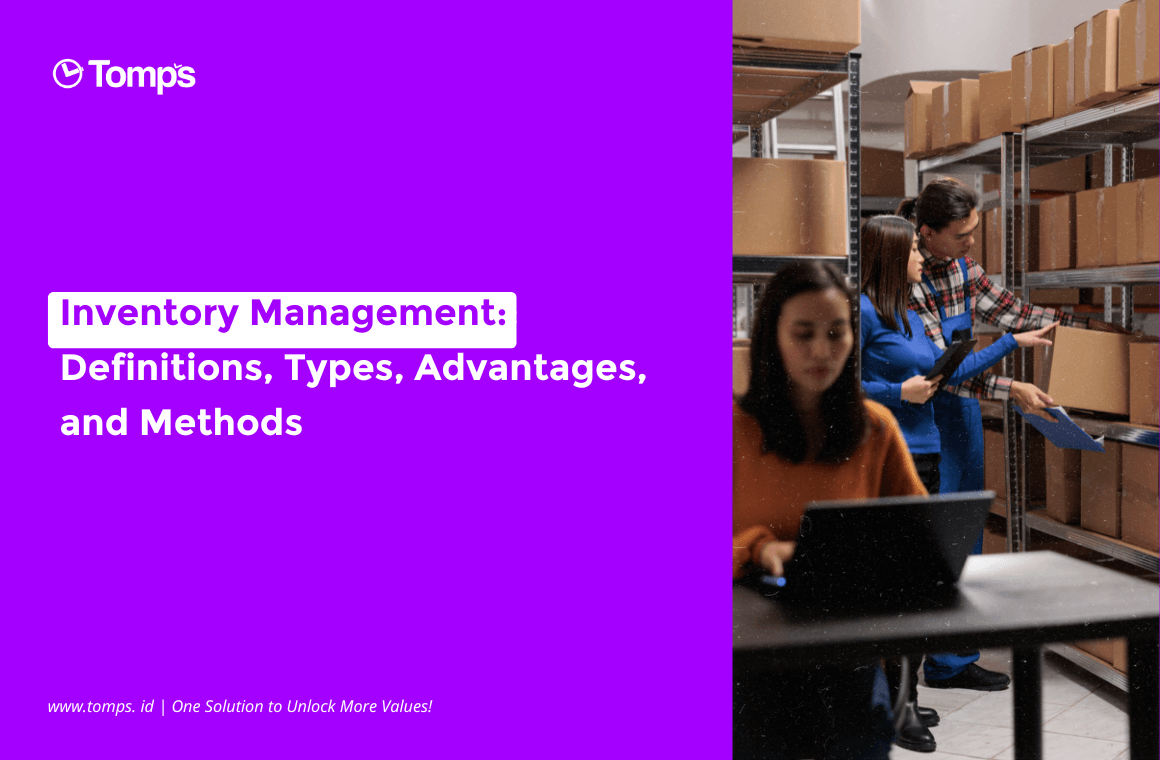The Definition of Managing Construction
Construction project management is the process of performing functions such as systematic planning, execution, and implementation of a project by effectively and efficiently utilising available resources to meet project goals. Implementing huge projects need a well-organised organisational framework. The function of an organisation is to ensure that work proceeds as planned and that work outputs are in line with development goals.
Construction Management Objectives
The aim of construction management is to manage and supervise construction projects efficiently and effectively so that they can be completed successfully and in accordance with the stated objectives. Following are some of the main objectives of construction management: Timely Project Completion One of the main goals of construction management is to complete construction projects according to a predetermined schedule. With good organisation, management can ensure projects run smoothly and on time.
Cost Control Another goal is to manage project costs so that they remain within a predetermined budget. Construction Management performs initial cost estimation, budget monitoring, and change management to avoid waste and increase efficiency in resource use.
Quality of Work Ensuring good-quality work is an important goal in construction management. Management oversees project implementation to ensure that work meets established quality standards.
Safety and health Ensuring safety and health during project implementation is a very important goal. Construction management must identify potential risks and take preventative steps to ensure a safe work environment for all parties involved.
Coordination and collaboration Another goal of construction management is to create good coordination and collaboration among all parties involved in the project, including the project owner, consultants, contractors, suppliers, and field workers.
Supervision and Control Continuously monitoring and controlling project implementation is an important goal to identify problems or obstacles early and take necessary corrective actions.
Sustainability and Environment Paying attention to sustainability and environmental aspects of projects is an increasingly important goal in modern construction management. Integrating environmentally friendly and sustainable practices into construction projects can increase the project's positive impact on the environment.
Customer service Construction Management strives to provide good service to customers, including project owners and other related parties. Good customer service can increase customer satisfaction and the company's reputation.

Construction Project Management Difficulties
Managing a construction project is a difficult process, and each stage must occur in a certain order to ensure that everything runs well. To overcome productivity barriers, tasks must be specified and organised, supplies must be provided, and staff must be planned properly. Teams must communicate about the job location, modifications, safety concerns, and other matters. And project managers must keep one step ahead of any stumbling blocks and interruptions. According to Quickbase, the difficulties of construction project management are:
Observing the Budget Ensuring construction projects stay within budget is a key challenge in project management, crucial for client satisfaction and profitability. Construction managers must carefully consider labour, tools, equipment, and materials costs to control expenditures and meet budget constraints. Despite initial cost estimates, the construction industry is vulnerable to unforeseen expenses such as material price fluctuations, increased labour costs, and unexpected circumstances requiring comprehensive project task revisions. Delays, miscommunications, and last-minute changes further contribute to budget fluctuations, making effective budget management challenging.
Communication between internal and job-site teams Effective communication between in-house and job site teams is crucial for efficiency, as without proper coordination, tasks may be delayed, issues may go unaddressed, and schedules can be disrupted. Many challenges in construction project management stem from insufficient communication between teams. Project managers must facilitate streamlined communication to keep all involved parties informed about changes, challenges, delays, and updates. Considering the diverse roles, responsibilities, and routines of each employee, construction project managers must ensure that communication is appropriately tailored and disseminated. Keeping track of a vast quantity of contracts and papers Every construction project requires a variety of reports, contracts, and essential documentation to align with client requirements, adhere to the architect's designs, and comply with the project's scope and parameters. Documents such as bids, agreements, invoices, drawings, work orders, permits, safety reports, and timesheets must be carefully managed to stay within budget. Tracking expenses and receipts is crucial for accuracy. Without comprehensive documentation on project tasks, equipment needs, inventory updates, compliance, and other aspects, projects may face interruptions. Additionally, insufficient resources or communication breakdowns can lead to project halts, underscoring the responsibility of construction project managers to organise and oversee contracts and documents for the smooth progression of activities. Maintaining project schedules Keeping construction projects on schedule is a significant challenge in project management. Project scheduling goes beyond organising events; it often feels like a balancing act for managers who must coordinate multiple subcontractors' availability while meeting client timeline expectations. According to the 2020 National Construction Payment Report, less than 30% of contractors complete projects on time and within budget. Without a comprehensive view of all project details for organisational purposes, project managers find it nearly impossible to adhere to the schedule. Managing construction projects requires a multifaceted approach that encompasses the planning, organisation, and supervision of various project aspects. This article explores key strategies for effective construction project management, emphasising the importance of streamlined communication, continuous progress monitoring, and proactive problem identification and resolution.

Effective Strategies for Managing Construction Projects
Comprehensive Planning: Successful construction project management begins with thorough planning. This includes defining project objectives, creating detailed schedules, and allocating resources efficiently. A well-structured plan serves as a roadmap, guiding the project from inception to completion. Strategic Communication: Effective communication is paramount in construction project management. Establishing clear lines of communication between team members, stakeholders, and subcontractors is essential for maintaining alignment with project goals. Regular updates and transparent reporting help prevent misunderstandings and keep everyone on the same page. Proactive Risk Management: Anticipating and addressing potential risks is a crucial aspect of construction project management. Identifying possible challenges early in the planning stages allows for the development of contingency plans, minimising the impact of unexpected issues on project timelines and budgets. Resource Allocation: Efficient allocation of resources, including labour, materials, and equipment, is fundamental to project success. Proper resource management ensures that the project stays on schedule, within budget, and meets quality standards. Continuous Monitoring and Adaptation: Continuous monitoring of project progress is essential for identifying deviations from the plan. Regular assessments enable project managers to make informed decisions, adapt to changing circumstances, and maintain project momentum. Technology Integration: Embracing construction management technologies enhances efficiency and accuracy. Project management software, Building Information Modelling (BIM), and other digital tools streamline processes, improve collaboration, and provide real-time insights into project performance. **Quality Assurance: **Maintaining high standards of quality throughout the construction process is vital. Implementing quality assurance protocols ensures that the final deliverables meet or exceed client expectations, reducing the likelihood of rework and ensuring long-term project success. Team Collaboration: Fostering a collaborative team environment is essential for effective construction project management. Encouraging open communication, establishing clear roles and responsibilities, and promoting a positive team culture contribute to successful project outcomes. Client Engagement: Regular engagement with clients ensures that their expectations are met and that any changes in requirements are addressed promptly. Building a strong client relationship fosters trust and can lead to future collaborations. **Post-Project Evaluation: **Conducting a comprehensive post-project evaluation allows for the identification of lessons learned and areas for improvement. Analysing project outcomes enhances the organisation's overall construction management capabilities.
Conclusion
Construction project management involves a comprehensive strategy that includes precise planning, strategic communication, and proactive risk control. Construction project managers may negotiate hurdles, optimise resources, and achieve effective solutions by applying five important methods.
Sources: Demski, J. (2022, May 17). How to Manage a Construction Project (Step-by-Step). Quickbase. https://www.quickbase.com/blog/how-to-manage-a-construction-project-step-by-step Rangkuti, M. (2023, July 28). Manajemen Konstruksi : Pengertian, Aspek, Fungsi, dan Tujuan. Fakultas Teknik UMSU. https://fatek.umsu.ac.id/2023/07/28/manajemen-konstruksi-pengertian-aspek-fungsi-dan-tujuan/#:~:text=Salah%20satu%20tujuan%20utama%20Manajemen,berjalan%20lancar%20dan%20tepat%20waktu.&text=Tujuan%20lainnya%20adalah%20mengelola%20biaya,dalam%20anggaran%20yang%20telah%20ditentukan. Simanur, R. (2017). STUDI TERHADAP FAKTOR-FAKTOR PENYEBAB KONFLIK PADA PROYEK KONSTRUKSI DI KOTA PALEMBANG. http://e-journal.uajy.ac.id/12630/3/TS149822.pdf







